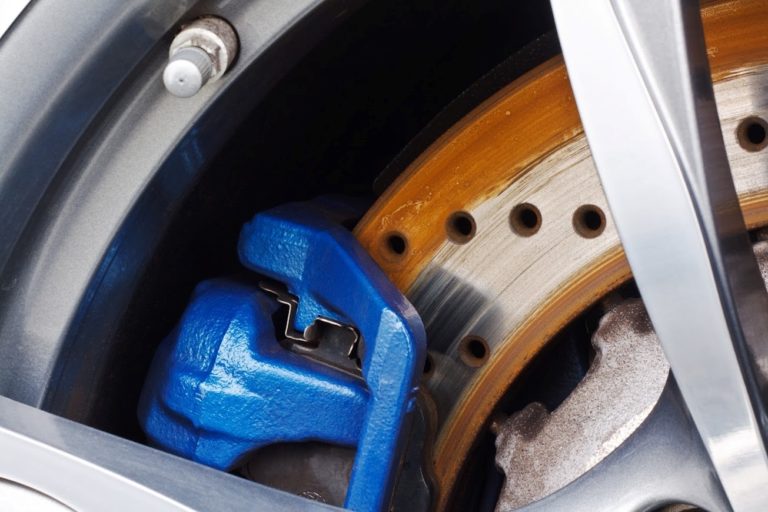Brakes are prone to wear out over time, and their lifespan depends on various factors — especially those that relate to how you take care of them and the state of the roads you drive. Your vehicle’s brakes require regular maintenance to function efficiently.
With this in mind, you need to schedule regular examinations to check the condition of the brake system and address any problems before they escalate.
You should always pay attention to the general behavior of your car so that you can tell when something goes wrong. If you experience any of the signs discussed below, have an expert inspect your brake systems immediately.
Worn Out Pads or Brake Shoes
Worn brake pads are less effective at stopping the car and pose a great danger to car users. Several telltale signs that your brake pads have wear and tear include loud squeals and vibrations of the pedals.
The rear brake systems of some older car models have brake shoes as a substitute for pads. One of the hints that your brake shoes are worn out is lesser grip power of the parking brakes. You will have to use more force than normal to pull the parking brakes before they engage. Also, you will take a longer time and consequently an increased distance to stop.
Strange Sounds and Vehicle Vibrations
Harsh grinds, screeches, clicks, and thumps are some of the weird sounds that can indicate something is wrong with your brakes. Different sounds indicate various hidden problems. For instance, harsh grinds could suggest that the calipers’ metal scrapes against the rotor’s metals when you step on the brakes.
Besides the abnormal sounds mentioned above, a problematic brake can pulse under normal operation and cause other vehicle components to shake. Various other issues like improper wheel alignment could also cause your brakes to vibrate. Therefore, you should have your vehicle undergo a full examination to determine and solve the root cause.
Car Pulls
Brakes in good condition don’t change the car’s direction when you decelerate or stop. If the vehicle tugs to the left or right when you halt, it may indicate that one part of the brake system is more worn out than the other. This problem may not signal serious trouble at first, but you may develop a bigger one if you don’t solve the small hitch.
However, you should note that the issue could arise from other problems like worn-out steering and inconsistent air pressure in the tires. So, have your service provider inspect other parts as well.
Mushy or Hard Pedal
A low or mushy pedal doesn’t respond until it is close to or on the vehicle floor. On the other hand, a hard one requires you to exert more force than usually needed to engage the brakes. Essentially, you shouldn’t struggle to brake or slow down. Whichever pedal problem you have, you shouldn’t drive a vehicle you strain to control since it poses a road safety hazard.
Dashboard Brake Lights
An illuminated light on your dashboard could be a sign of brake problems that you can’t feel or hear. If you see the lights, don’t ignore them even if you don’t see any noticeable signs. Further, if the lights come on and remain on, the problem could be more serious. Go for an assessment to solve the problem before you suffer a major calamity like brake failure.
If you pay attention to your vehicle as you drive and brake, you should be able to identify any indicators of faults in your brakes. You will occasionally need to replace the brakes to ensure you operate without difficulties as time goes by. At Evans Tire & Service Centers, we offer brakes and other car services. Contact us today for reputable auto services at affordable prices.

